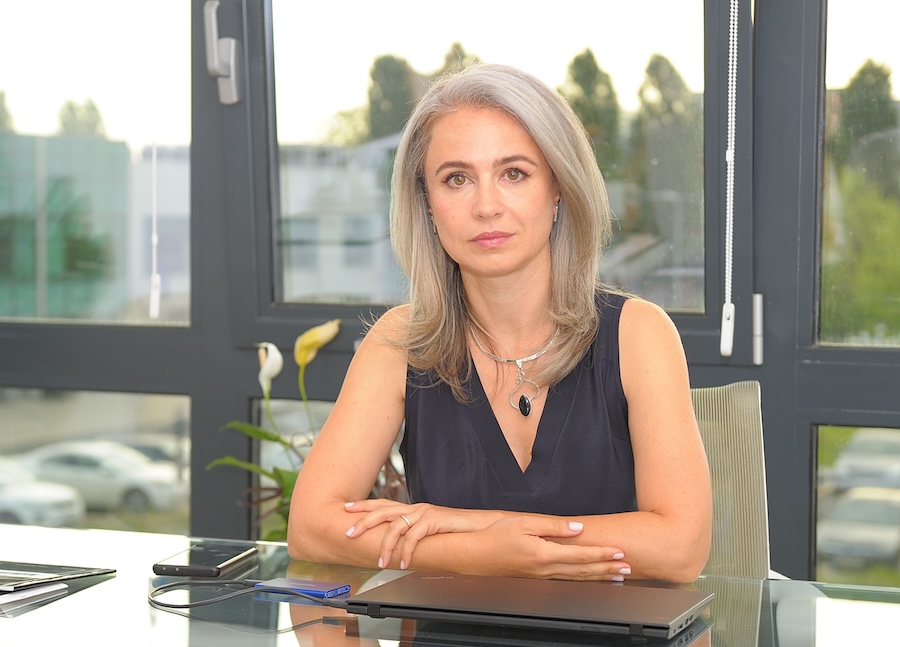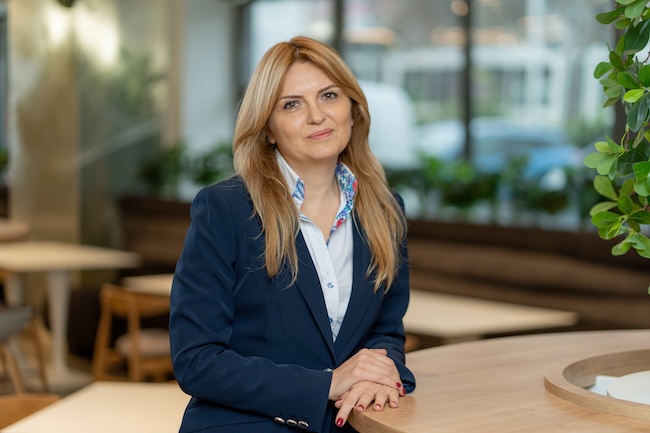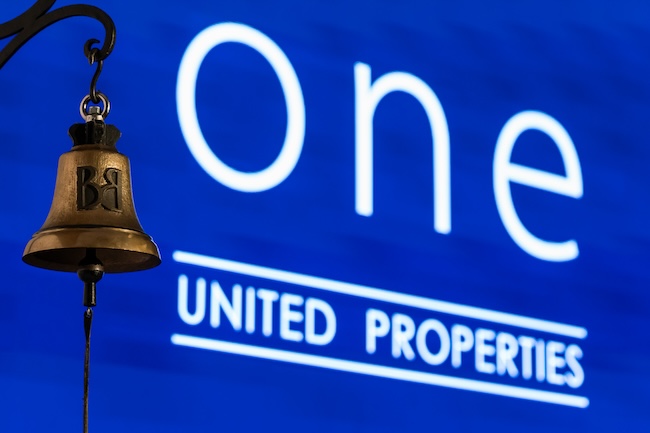Real estate developers: Sustainable Building is a must
With 74 % of the European Union's population living in cities and suburbs, and estimates showing that 68 % of the world's population will live in urban areas by 2050, the question arises as to what the future of real estate development looks like. Especially considering that, according to data published at the EU level, buildings are accountable for 36 % of greenhouse gas emissions and 40 % of energy consumption.
The way constructions are built in Romania will be influenced by a considerable number of regulations adopted or announced at the EU level with the aim of combatting climate change, significantly impacting quality of life for the country's city-dwellers. The gap that remains to be filled between what Romanian cities look like today and the city of the future, as well as the role played by the real estate sector in this respect, were the topics of a recent event hosted by Schoenherr Romania's real estate team.
Guest speakers included Viorel Lăcătuș (country manager, Atenor Romania), Ștefan Tudos (vice president, Genesis Property), Marius Perșenea (chief operating officer, IULIUS Real Estate) and Robert Ioniță (general counsel, NEPI Rockcastle), representatives of international and local real estate developers. Together with Schoenherr lawyers Sebastian Guțiu (managing partner), Mădălina Mitan (partner), Claudiu Stan (managing attorney at law) and Liviu Flușcă (managing attorney at law), they discussed current trends in urban real estate development in light of the legislative changes announced at both the European and national levels in this sector. They also discussed steps to be taken so that Romanian cities can achieve the objectives set by the EU.
The topics covered included legal obligations to reduce greenhouse gas emissions, increasing energy efficiency, including the introduction of an EU target for all new buildings to be net zero carbon by 2030 (and for the entire building stock to reach this level by 2050), real estate projects using renewable energy, urban regeneration projects, green spaces and urban mobility, and how ESG reporting requirements will influence decisions on the development, operation, rental or purchase of real estate.
"Sustainable real estate development is not just a trend, it is here to stay," said Viorel Lăcătuș, country manager, Atenor Romania, speaking at the event. "In time, we expect that ESG requirements will have an increasing impact on real estate leasing and buying decisions. We already see a trend among some tenants to pay increasing attention to green leases that refer to sustainable office space. Most likely, as we approach 2030, this shift will also become noticeable among buyers, amidst their ESG reporting obligations and the implementation of new standards, like net zero buildings. What is clear is that a major change is taking place in the way sustainability issues are assessed and managed in the real estate sector, reflecting the global trend towards a more responsible and environmentally friendly development."
"ESG is a strategic priority for Genesis Property," added Stefan Tudos, Vice President, Genesis Property. "We focus our efforts on ensuring the sustainability of our business parks and minimising environmental impact. We see an increase in tenants' interest in sustainability and energy efficiency, as well as a growing focus on employee well-being. In this context, we have invested major resources in the YUNITY Park project, creating green spaces and relaxation areas for employees. And this paradigm shift comes with opportunities both for us as real estate developers and for our tenants."
"A topic of great interest is the obligation to equip buildings with charging stations for electric cars," said Robert Ioniță, general counsel, NEPI Rockcastle. "According to the regulations in force in Romania, from 2025 it will be mandatory for 10 % of parking spaces in buildings to be equipped with charging stations. At the European level, there is also a minimum capacity for these stations, so they are currently trying to tailor them to the type of space. This is because when going to a shopping centre, for example, it might be more relevant for a customer to be able to charge their car using a fast-charging station, in which case the capacity of the stations is more important than their number. At the local level, Romanian legislation still does not provide the capacity these stations should have, which opens up an interesting discussion about the differences between tourism properties, shopping centres and office buildings."
"We have been investing in mixed-use projects with green spaces at their core for almost a decade and a half, ever since the concept of sustainability was just beginning to emerge in the public consciousness and the media," Marius Perșenea, COO, IULIUS, commented. "Interestingly, it was difficult at first to convince certain financial partners to invest in these extended green spaces. We are glad that sustainability is becoming the norm. Certainly, some properties will become uninvestable without a proper sustainability profile. In this context, every building will need to be accompanied by a sustainable development strategy, with consistent investment to match market demands. I appreciate that we now have the opportunity to make positive changes in real estate and contribute to creating a more sustainable future for all."
"At the EU level, the last few years have brought an unprecedented volume of legislation, either in force or in draft form, that changes the way buildings will be constructed in the future," said Sebastian Guțiu, managing partner of Schoenherr, on the theme of the event. "These changes have a considerable impact on real estate development and will undoubtedly influence future investment decisions in this area. In this context, the necessity of adapting the national legislation, fostering dialogue between stakeholders and focusing on citizens' interests are essential. We want to contribute in this respect, which is why we have organised this event."
"The global trends that are defining what the city of the future will look like bring a number of challenges, but also many opportunities," said Schoenherr partner Mădălina Mitan. "There are differences between European and national legislation, and clearly we have work to do both legislatively and administratively to overcome the challenges and embrace the opportunities in Romania. But we are not starting from scratch. There is already a basis of legislative provisions and there is certainly the will to align them with the EU regulatory framework. More importantly, there is a real interest in sustainable development at a social and business level."
"We already have a set of laws that include provisions for implementing the smart city concept, such as the urban mobility law and the law on energy performance of buildings," said Claudiu Stan, managing attorney at law at Schoenherr. "In turn, the draft Urban Planning Code focuses on urban regeneration to a greater extent than the current legislation. So, the future looks promising, and with a legal framework that supports sustainable housing development, we can expect significant progress in areas such as urban mobility, energy efficiency and urban regeneration. It is important that we continue to promote, develop and implement these policies and laws."
"In conclusion, for the city of the future to exist, it is essential to continue with measures to ensure emission reductions in new buildings (and, by 2050, the existing stock)," Liviu Flușcă, managing attorney at law at Schoenherr, added. "We also need to focus on increased energy efficiency, urban regeneration efforts, the creation of green spaces, improved urban mobility and reducing the environmental impact of transport. With a growing urban population, urban residents and communities clearly must be at the heart of all sustainable urban real estate development efforts."





